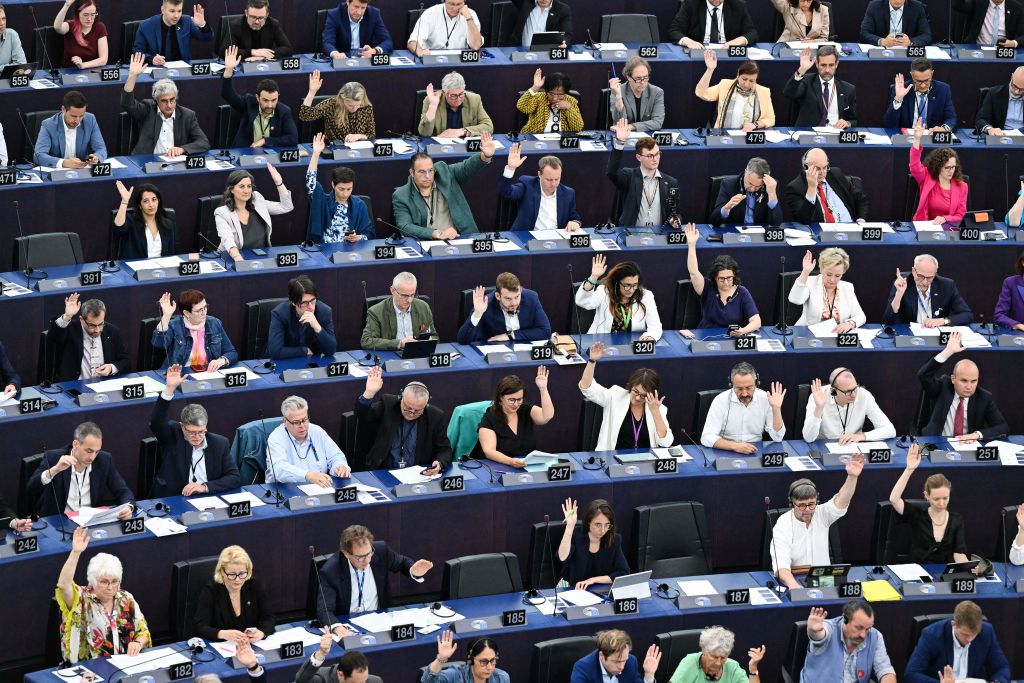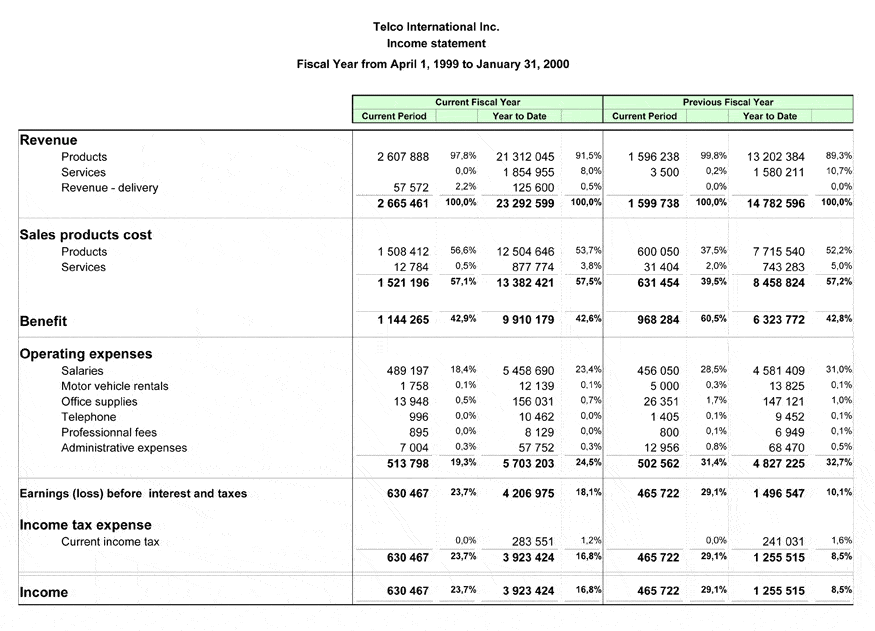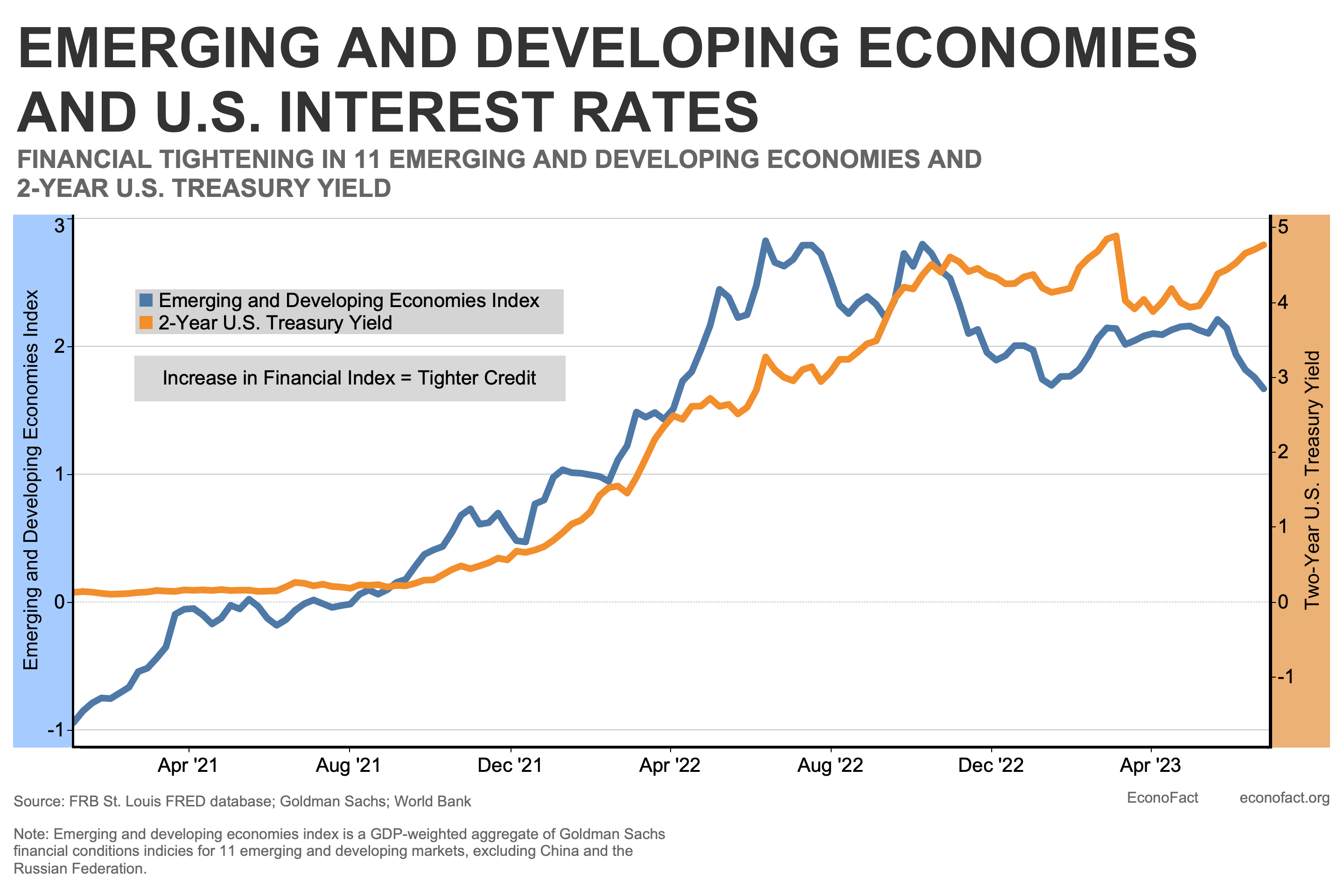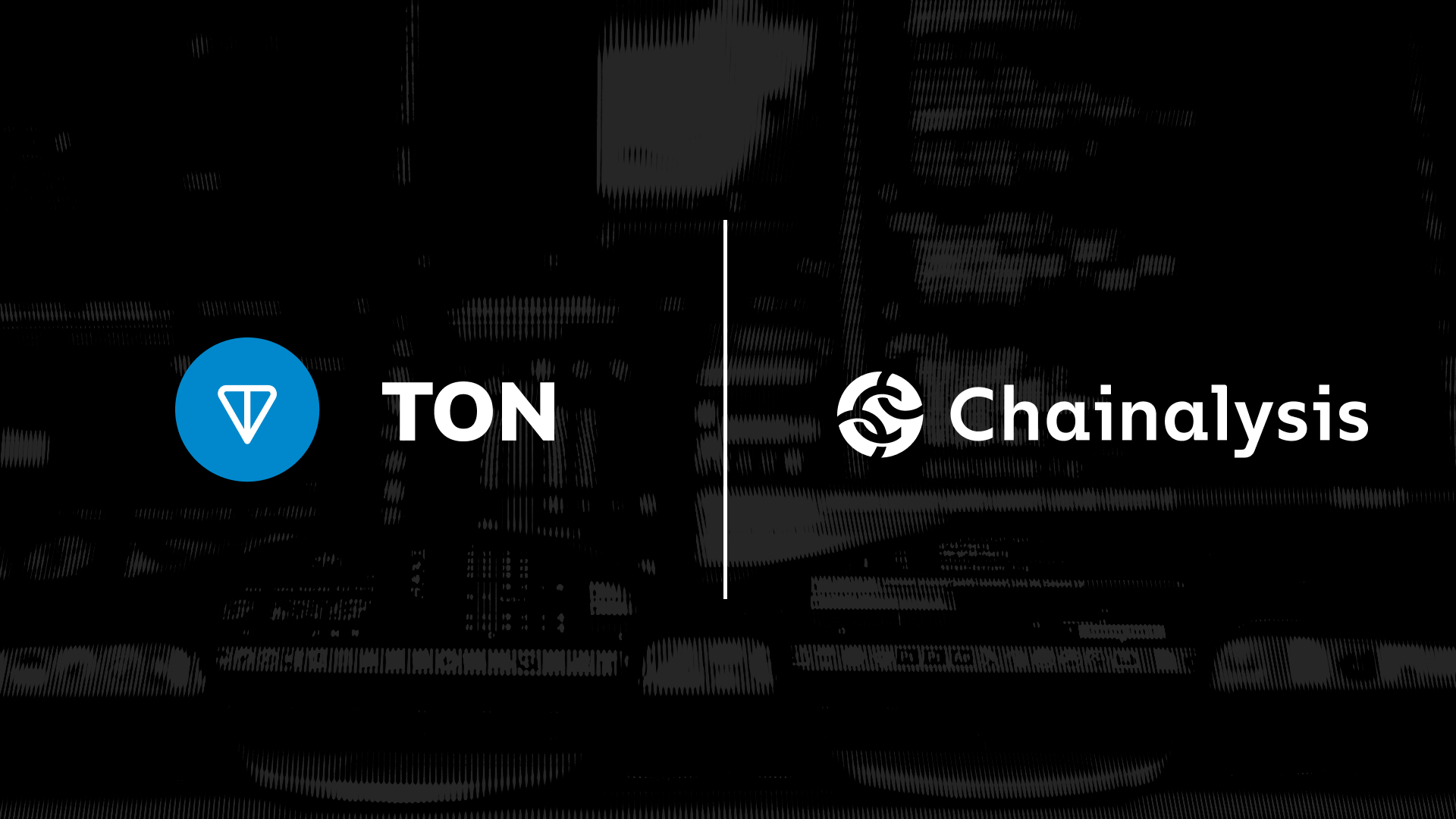Trump Administration's Campaign Against European AI Regulations

Table of Contents
Concerns Regarding the GDPR and its Impact on AI Development
The Trump administration voiced significant concerns about the General Data Protection Regulation (GDPR) and its potential to stifle AI innovation. They argued that the regulation's stringent data privacy rules created unnecessary barriers to the development and deployment of AI systems.
Data Privacy as a Barrier to Innovation
The administration consistently framed the GDPR's data privacy requirements as a "burden" for US companies operating in Europe. They argued that these rules, designed to protect individual data rights, severely restricted the access to data necessary for training robust and effective AI algorithms.
- Restrictive data access: The GDPR's consent requirements and limitations on data processing were seen as hindering the ability to collect and utilize large datasets crucial for AI model development.
- Increased compliance costs: The costs associated with complying with GDPR's complex regulations were cited as a deterrent for US companies investing in European AI markets.
- Data transfer restrictions: Difficulties in transferring data across borders were highlighted as a major obstacle for international AI collaboration and data sharing.
Transatlantic Data Flows and the "Safe Harbor" Dispute
The tension surrounding transatlantic data flows formed a crucial part of the Trump administration's campaign. The previous "Safe Harbor" agreement, designed to facilitate data transfer between the US and EU, had been invalidated by the European Court of Justice. This fueled the administration's push for less restrictive data transfer agreements.
- Privacy Shield's failure: The subsequent "Privacy Shield" agreement, intended as a replacement, also faced significant criticism and was eventually deemed inadequate by the EU Court of Justice. This ongoing legal battle underscored the deep divisions in approaches to data protection.
- Negotiating data flows: The Trump administration's attempts to negotiate more lenient data transfer rules reflected its broader strategy of minimizing regulatory hurdles for US tech companies operating globally.
- National security concerns: Concerns about US national security access to data held by European companies further complicated negotiations and exacerbated transatlantic tensions.
The Promotion of a Less Regulated AI Environment
A core tenet of the Trump administration's approach was a strong advocacy for a less regulated AI environment, prioritizing a free-market approach to technological innovation. This directly contrasted with the EU's preference for a more proactive and ethically-focused regulatory framework.
Emphasis on Competition and Deregulation
The administration believed that excessive regulation would stifle competition and impede the rapid advancements needed to maintain US technological leadership in the AI domain.
- Deregulation as a driver of innovation: The administration argued that less stringent regulations would encourage faster development and deployment of AI technologies.
- Free market principles: The emphasis on competition and minimal government intervention reflected a broader ideological commitment to free-market principles.
- Reduced bureaucratic hurdles: The administration sought to eliminate or reduce regulatory obstacles that they perceived as hindering the growth of the US AI industry.
Concerns about European AI Standards Setting Global Precedents
The Trump administration expressed concern that the EU's AI regulations could set global precedents, potentially disadvantaging US companies internationally. They actively worked to counter European influence in international AI organizations.
- Preventing global standardization: The administration aimed to prevent the adoption of European standards that they deemed overly restrictive or protectionist.
- Maintaining US competitiveness: This strategy aimed to safeguard the competitive position of US AI companies in the global market.
- International lobbying efforts: The administration engaged in active lobbying efforts to influence international AI governance discussions and shape the global regulatory landscape.
The Impact of the Trump Administration's Campaign on the Global AI Landscape
The Trump administration's campaign had far-reaching consequences for the global AI landscape, significantly impacting transatlantic relations and the future trajectory of AI governance.
Increased Transatlantic Tensions
The conflict over AI regulations exacerbated existing transatlantic tensions, undermining cooperation in AI research and development.
- Erosion of trust: The disputes damaged trust and collaboration between US and EU institutions involved in technology policy and regulation.
- Reduced information sharing: The lack of a unified regulatory framework hindered the free flow of information and collaboration on AI-related projects.
- International fragmentation: The contrasting regulatory approaches contributed to the fragmentation of the global AI governance landscape.
Long-Term Implications for AI Governance
The Trump administration's approach had lasting implications for the future of AI governance, intensifying the global debate on the appropriate balance between regulation and innovation.
- The ongoing regulatory debate: The clash continues to shape the ongoing discussions about the need for and the form of AI regulation.
- National versus international frameworks: The conflicting approaches highlight the challenge of establishing coherent and consistent regulatory frameworks across national borders.
- Ethical considerations: The debate underscores the importance of considering ethical implications alongside technological advancements in AI development.
Conclusion:
The Trump administration's campaign against European AI regulations represents a pivotal moment in the ongoing global debate surrounding AI governance. The administration’s emphasis on deregulation, starkly contrasting with the EU’s focus on privacy and ethical considerations, significantly impacted transatlantic relations and continues to shape the international landscape. Understanding the nuances of the Trump Administration's AI Regulations and their consequences is essential for navigating the complexities of this transformative technology. Further research into the long-term effects of these conflicting approaches is vital for shaping a responsible and innovative future for AI.

Featured Posts
-
 How Tariffs Affected Colgate Cl A Detailed Financial Report
Apr 26, 2025
How Tariffs Affected Colgate Cl A Detailed Financial Report
Apr 26, 2025 -
 The Impact Of Trump Tariffs Ceo Warnings And Economic Outlook
Apr 26, 2025
The Impact Of Trump Tariffs Ceo Warnings And Economic Outlook
Apr 26, 2025 -
 Guilty Plea Lab Owner Faked Covid 19 Test Results During Pandemic
Apr 26, 2025
Guilty Plea Lab Owner Faked Covid 19 Test Results During Pandemic
Apr 26, 2025 -
 Analysis Point72s Emerging Markets Fund Closure And Trader Departures
Apr 26, 2025
Analysis Point72s Emerging Markets Fund Closure And Trader Departures
Apr 26, 2025 -
 Ai Powered Blockchain Security Chainalysis Acquisition Of Alterya
Apr 26, 2025
Ai Powered Blockchain Security Chainalysis Acquisition Of Alterya
Apr 26, 2025
